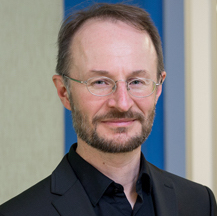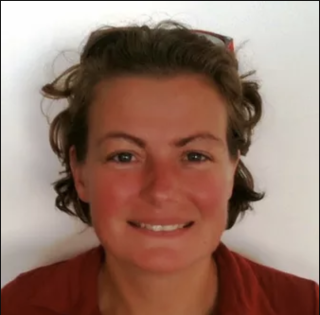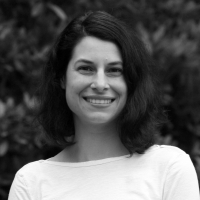Keynote speakers

Richard Barwell |
In dialogue with Planet Earth: thoughts on a mathematics education for a sustainable future Abstract: Over the past 50 years, there has been a growing concern for sustainability, illustrated most notably by the United Nations Sustainable Development Goals. Mathematics plays a central role in thinking about sustainability. Mathematics is used to describe the multiple environmental crises we face, to model future developments, and to communicate this information to scientists, policymakers and the general public. So what mathematics do citizens need to know to engage with questions of sustainability? What should children learn in order to participate in democratic debates about the future of Planet Earth? How can mathematics teaching prepare children for their future? In this talk, I will offer some preliminary thoughts about these questions. My thinking is informed by critical mathematics education, post-normal science and a dialogic epistemology. These ideas lead to a critique of “human exceptionalism” and the need for a relational approach, in which knowing is seen as contingent, situated, discursive and multi-voiced. As a result, the human activity of mathematics is understood as being in relation with the planetary ecosystem. |
|
|
|

Cécile de Hosson |
When the student becomes an author: didactic analysis of comics'n science workshops Abstract: The "Comics'n Sciences workshops", created in 2011 by the Stimuli association (France), aim to enable middle and high school students to become authors of a comic strip involving scientific knowledge. In concrete terms, a professional illustrator, a young researcher (PhD student) and a scientific mediator accompany a dozen teenagers of homogeneous age group in the creation of one-page comic strips dealing with a science topic discovered during the workshop. In this keynote I will present the analysis of the impact of these workshops since some of them (7) have been the target of a research program involving mathematics and natural sciences education researchers. The instrumental genesis has been chosen as a conceptual framework to characterize the terms of the dialectical interplay between the specific attributes of a comic strip and the scientific knowledge to be translated. The results show that the students, as authors, followed the specific codes of the comic strip and took a certain distance with the scientific integrity of the staged knowledge. Nevertheless, being involved in the creative process likely allowed them to understand the reasons for some scientific illustration or narrative choices. This approach could encourage the emergence of a critical spirit towards reading scientific stories created in other contexts. |
|
|
|

Michelle Wilkerson |
Putting artistic and mathematical expression into conversation through computing Abstract: As educators, we hope that students will come to see mathematics as a language—something they can use to express the relationships and patterns they care about. My research explores how we can introduce learners to the expressive value of mathematics by connecting mathematical representation to other familiar forms of expression, such as sketching and storytelling, through computing. In this talk, I'll describe projects we have been exploring in the Computational Representations in Education research group that attempt to bridge art and mathematics, with a focus on expressivity. I will focus on one recent project, DataSketch, that allows students to explore patterns and relationships in large datasets by creating their own data-driven digital ink sketches. The project demonstrates a sophisticated interplay between students' artistic and epistemic activities whereby decisions in one domain motivate or constrain possibilities and discoveries within the other. |
|
|
|